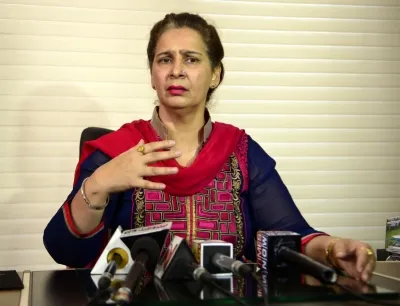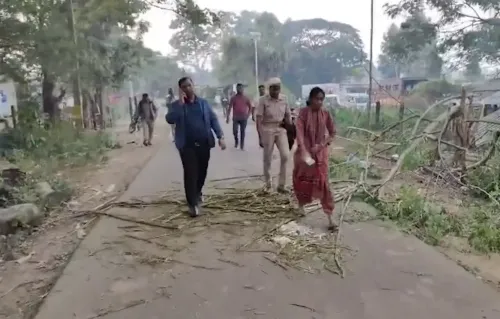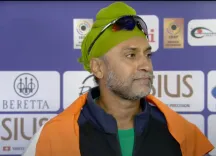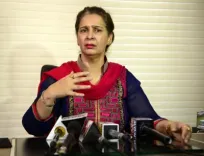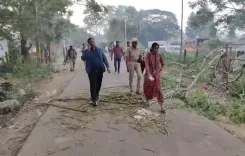Has NHRC Exposed a 'Romantic Entrapment Racket' in Madhya Pradesh?
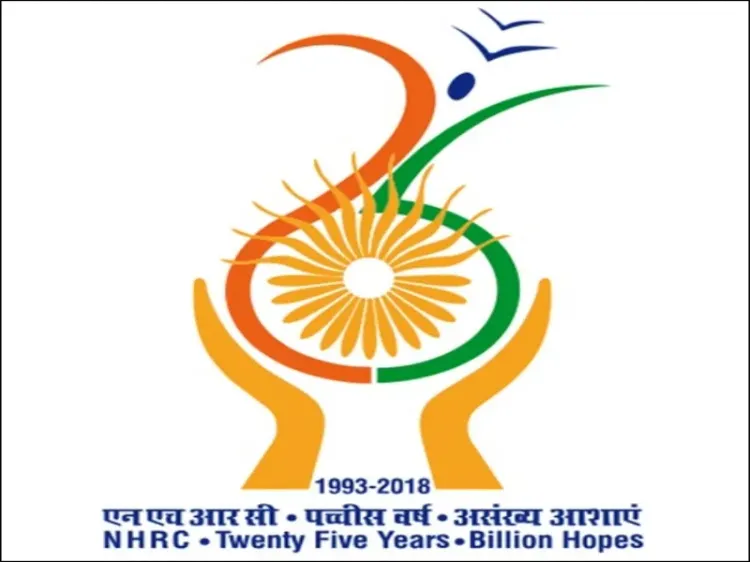
Synopsis
Key Takeaways
- NHRC's intervention highlights police negligence.
- Calls for re-investigation and accountability.
- Case reflects systemic issues in law enforcement.
- Rights to choose partners must be protected.
- Need for a nationwide inquiry into trafficking.
Bhopal, July 4 (NationPress) The National Human Rights Commission (NHRC) has delivered a strong reprimand to the authorities in Madhya Pradesh, revealing significant shortcomings in the police's management of a rape case that involves claims of deceptive romantic entrapment, sexual exploitation, and forced religious conversion of Hindu girls.
The Commission has demanded a thorough reinvestigation and professional accountability for the officers involved, citing systemic negligence and possible connections to a larger trafficking operation.
The incident, logged as Case No 254/2025 at Bagsevania Police Station, stems from a young woman's report claiming she was raped by one Farhan Khan in Indore.
Even after her clear report to the Dial 100 emergency helpline, the responding officer reportedly minimized the incident, incorrectly recorded her statement, and recommended she visit the police station the following day.
The NHRC condemned this reaction as severe negligence and an indifferent stance towards a serious crime.
Following an initial fact-finding mission, the Commission’s investigative division deemed the complainant’s claims credible and indicative of a troubling trend.
The report emphasized that this case is not an isolated event but part of a larger issue involving deceptive romantic relationships leading to sexual exploitation and coerced religious conversions.
The NHRC characterized these practices as a Pattern of Dominant Gender Crime of Trafficking, stressing the need for a nationwide inquiry to unveil any organized network behind such offenses.
While the right to choose a partner is a fundamental right, the Commission asserted that any conversion that is coerced, deceptive, or dishonest constitutes a violation of personal freedom and dignity.
It has called for a forensic examination of 'Club 90', a venue associated with the alleged crime, and has requested the state to provide a compliance report within two weeks, with a complete report due by July 25, 2025.
This intervention by the NHRC comes amidst rising national concern over cases tagged as 'love jihad'—a contentious term used by certain groups to describe alleged efforts by Muslim men to attract Hindu women into relationships for the sake of religious conversion.
Although this term lacks legal recognition, multiple states, including Madhya Pradesh, have enacted laws aimed at curbing forced conversions masked as marriage.
The NHRC’s directive is poised to amplify scrutiny on law enforcement agencies and their ability to address sensitive gender-related crimes.
It also raises critical concerns about the effectiveness of existing protections for women and minors in at-risk communities.
As the deadline for the compliance report looms, attention will be directed towards the Madhya Pradesh government’s response—whether it leads to substantial accountability and systemic reform.



